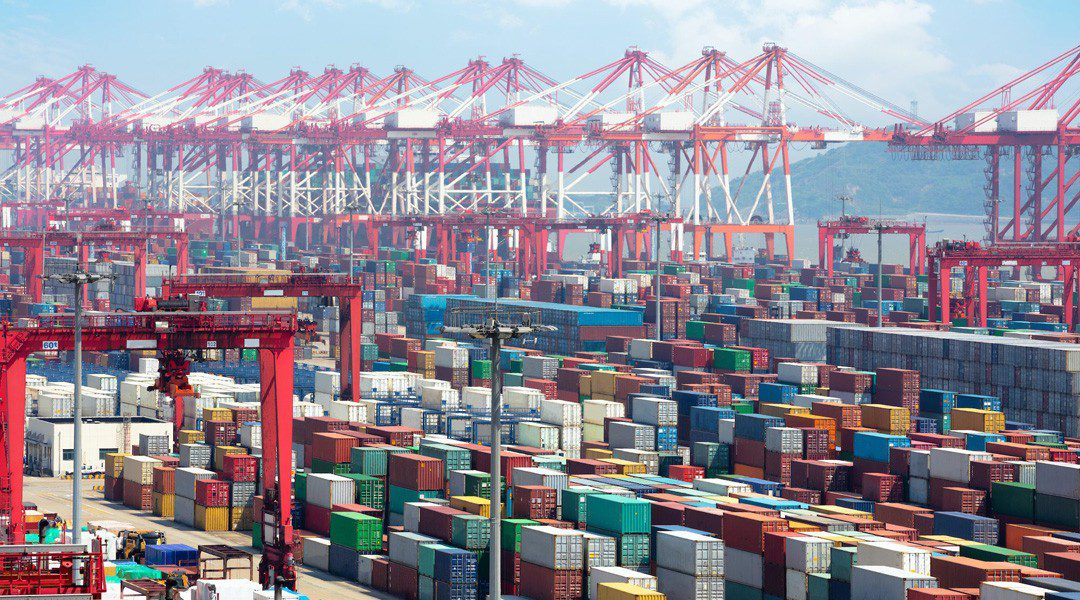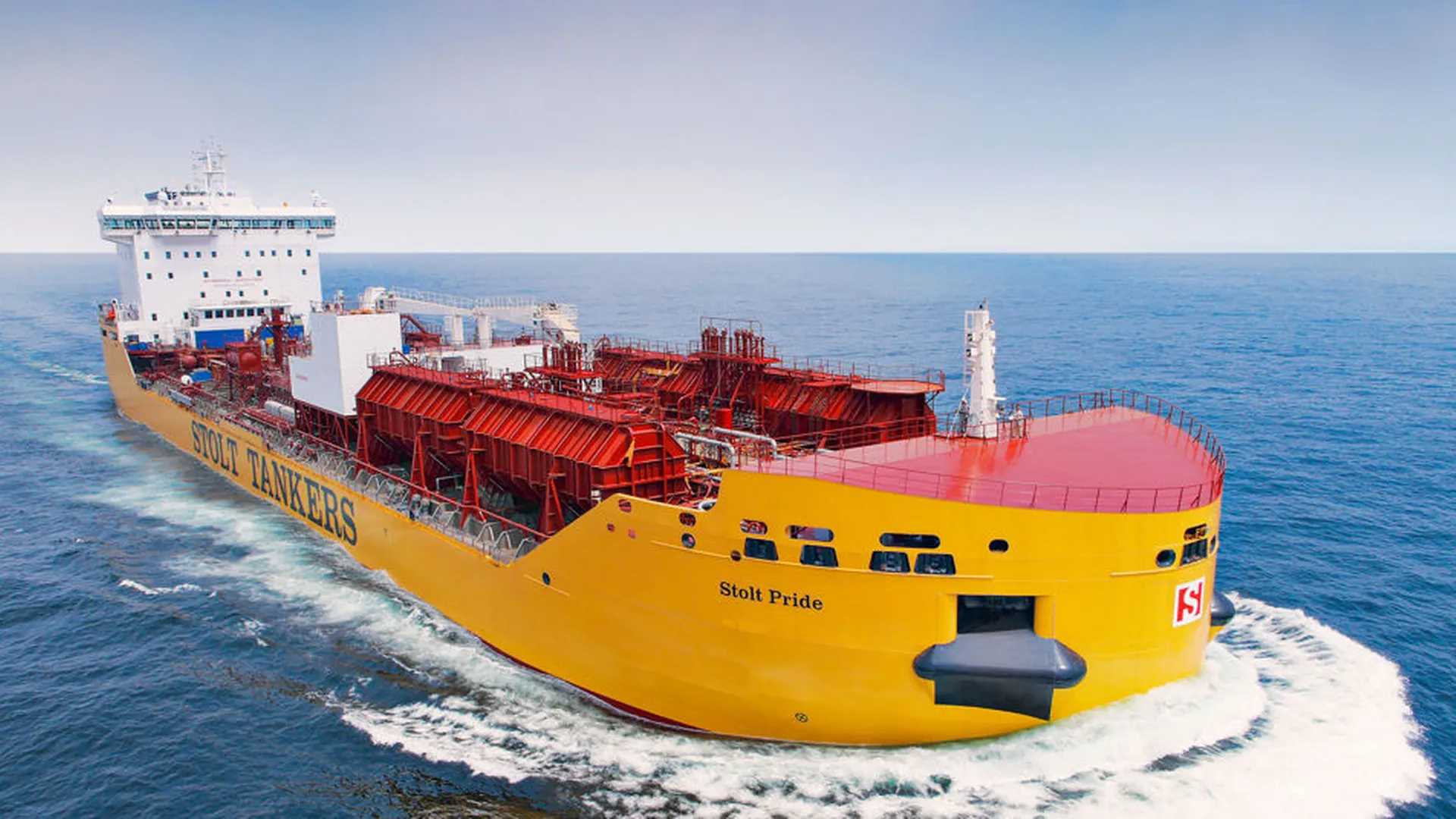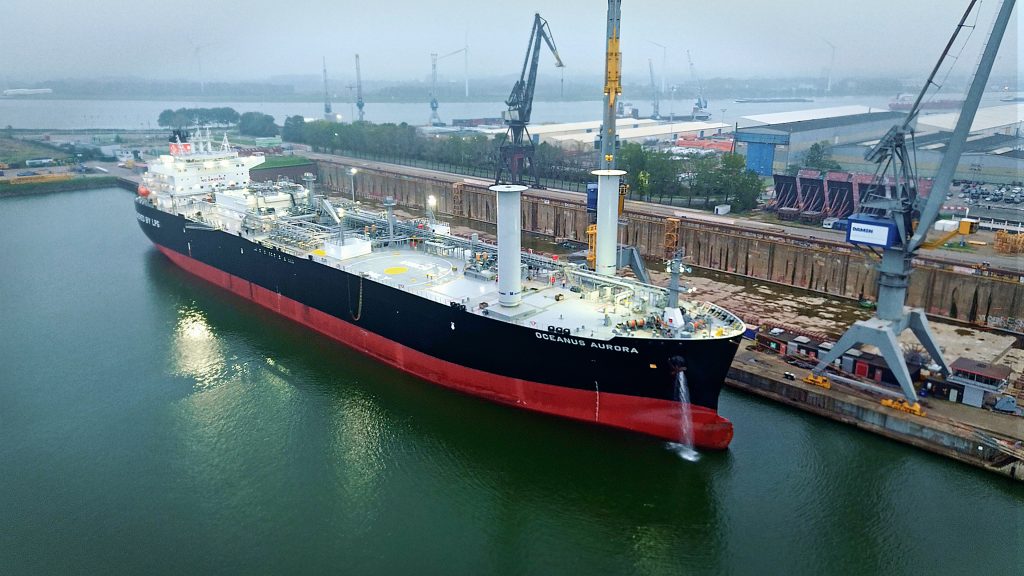Lisbon Port maintained its growth trajectory in 2025, recording a 3.4% increase in total cargo handled during the first eight months of the year compared with the same period in 2024, the company said in a statement.
Between January and August, the port processed 7.73 million tonnes, up from 7.47 million tonnes a year earlier.
General cargo stood out with a total of 3.69 million tonnes, representing a 5.9% rise year on year.
Within this segment, break bulk cargo increased sharply by 30.66% to 218,800 tonnes.
Container traffic reached 321,656 TEUs (twenty-foot equivalent units), marking a 5.35% increase compared with the same period last year.
Solid bulk cargo also contributed to the positive results, with 3.11 million tonnes handled from January to August, a 3.8% gain from 2024.
This segment proved essential to the port’s overall performance, reflecting the adaptability of the Lisbon infrastructure to market demand.
August 2025 was particularly strong, with total cargo movement reaching 1.08 million tonnes, up 12.49% year on year.
The rise was mainly driven by solid bulk cargo, which surged 79.53%, from 276,900 tonnes in August 2024 to 497,200 tonnes in 2025.
General cargo declined 12.44% in the same month, totaling 474,000 tonnes.
The number of cargo ship calls remained stable, with 1,254 recorded between January and August.
Administração do Porto de Lisboa, S.A. is a public company responsible for managing and developing the Port of Lisbon, one of Portugal’s main maritime infrastructures. The company oversees port operations, logistics, and concessions, operating under the supervision of the Portuguese Ministry of Infrastructure.
The Port of Lisbon is a major Atlantic port located at the mouth of the Tagus River in Portugal. It handles containerized, bulk, and general cargo and serves as a central hub for maritime trade connecting Europe, Africa, and the Americas.




